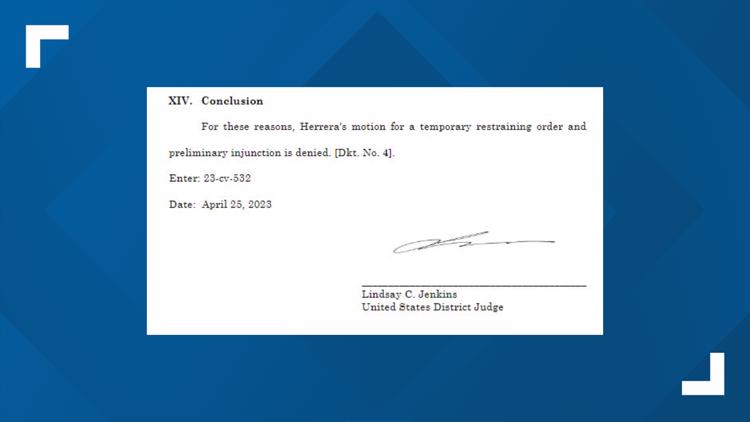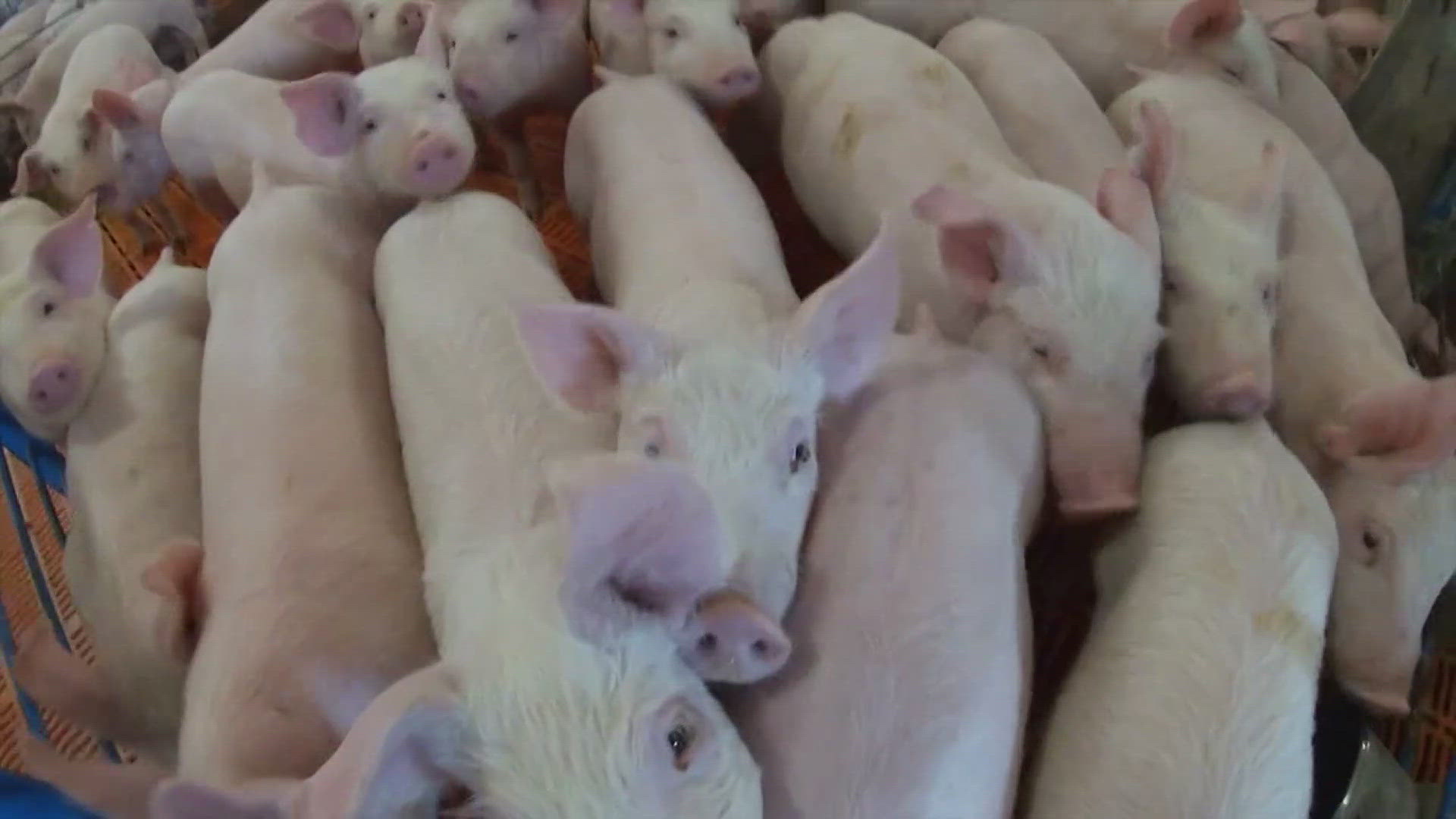CHICAGO — A federal judge in Chicago this week denied a request to block enforcement of both state and local bans on assault weapons and high-capacity magazines, saying it is unlikely that the law will be found unconstitutional.
In a 31-page opinion, Judge Lindsay Jenkins in the Northern District of Illinois said the laws are intended to protect public safety by removing particularly dangerous weapons from circulation. She also said that the government’s interest in protecting public safety outweighs any harm the laws might have on a person’s right to keep and bear arms.
The case involves Javier Herrera, a Chicago resident and emergency room doctor who volunteers as a medic for a Special Weapons and Tactics, or SWAT team. He is challenging a newly passed state law as well as local laws enacted by the city of Chicago and Cook County.
The Illinois General Assembly passed its assault weapon ban during a special lame-duck session in January. It came in response to a mass shooting at an Independence Day parade in Highland Park that left seven people dead and dozens more injured or traumatized.
The law bans the possession, sale or manufacture of a long list of semiautomatic rifles and handguns that are defined as “assault weapons” as well as large-capacity magazines, defined as 10 or more rounds for a rifle and 15 or more rounds for a handgun. It exempts certain people from the ban such as law enforcement officers and active-duty military personnel.
Under the law, people who already own such weapons can keep them but they must register them with the Illinois State Police by Jan.1, 2024. The law also limits who current owners can sell or transfer the weapon to.
Cook County enacted its own ban on certain semiautomatic rifles and large-capacity magazines in 2006 and the city of Chicago enacted one in 2013.
Herrera filed his lawsuit shortly after Gov. JB Pritzker signed the state ban into law. He owns several weapons that are now banned including two AR-15 rifles, which he says he uses for self-defense, hunting, and sport shooting.
He claims that the laws interfere with his right of self-defense as well as his ability to train with his SWAT team. He also argues that large-capacity magazines come standard with certain weapons and that his inability to purchase those items renders the guns inoperable.
His suit seeks to declare the laws unconstitutional under the Second and 14th Amendments. It also asked for a temporary restraining order and preliminary injunction barring enforcement of the laws while the case is pending.
In a ruling released Tuesday, Jenkins denied the motions to block enforcement of the laws, saying that any injuries the laws may be causing Herrera were outweighed by the interest in protecting public safety. She also said an injunction and restraining order were not warranted because Herrera was unlikely to prevail on the merits of his case.
She also noted that Herrera is not a law enforcement officer and that his volunteer work for the SWAT team does not require him to carry a firearm.
Herrera’s attorneys filed a notice Wednesday indicating they will appeal to the Seventh Circuit Court of Appeals.
Herrera’s case is just one of several challenges to the state’s assault weapons ban that are working their way through state and federal courts. There are two other cases in the Northern District of Illinois challenging the state law and local ordinances – one against Naperville and another against Highland Park.
In February, a different federal judge denied a similar motion for an injunction in the Naperville case. That case is also on appeal to the Seventh Circuit.
Another federal case is pending in the Southern District of Illinois where a judge in East St. Louis heard oral arguments earlier this month. And there is a case pending before the Illinois Supreme Court that seeks to have the state law overturned as a violation of the Illinois state constitution.
Capitol News Illinois is a nonprofit, nonpartisan news service covering state government. It is distributed to hundreds of newspapers, radio and TV stations statewide. It is funded primarily by the Illinois Press Foundation and the Robert R. McCormick Foundation, along with major contributions from the Illinois Broadcasters Foundation and Southern Illinois Editorial Association.



